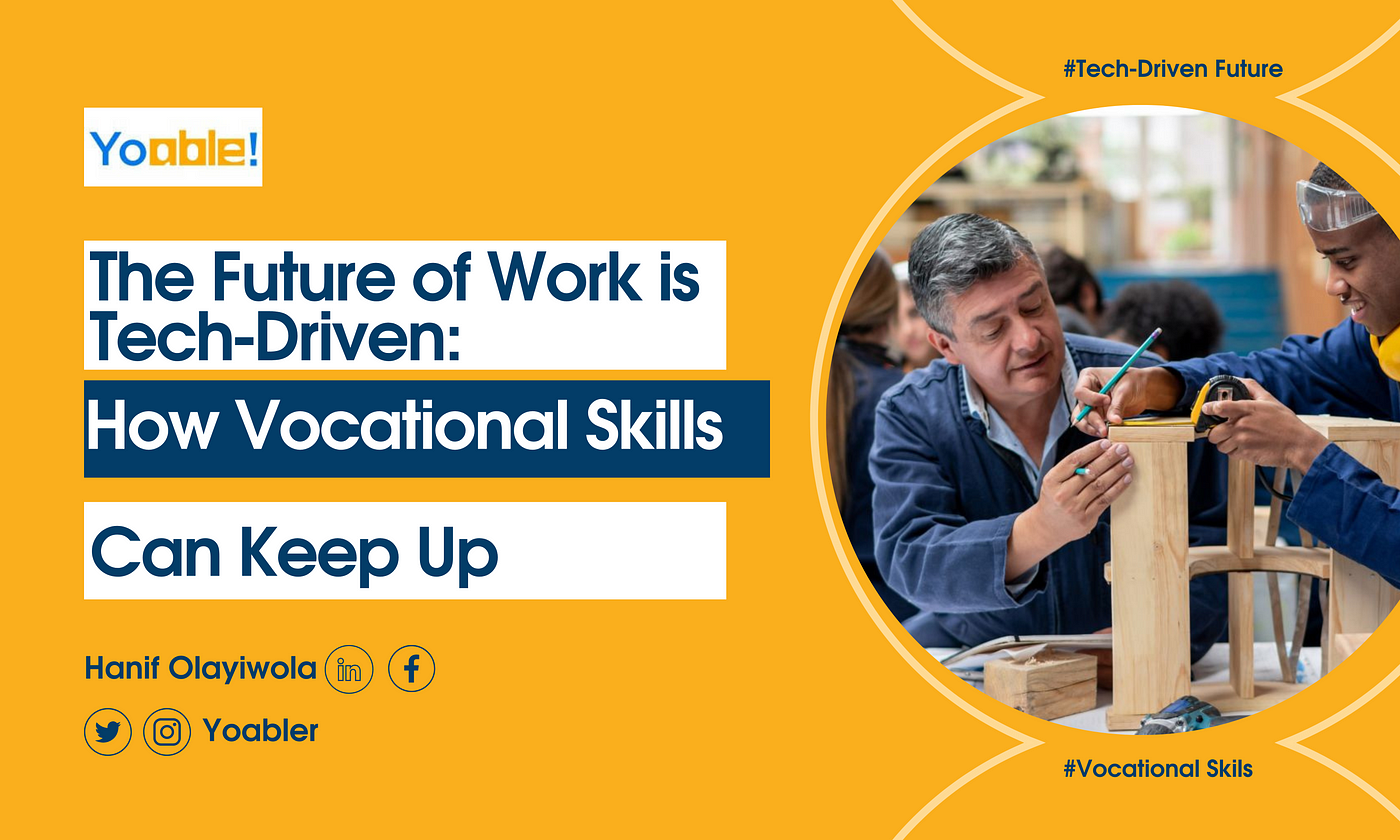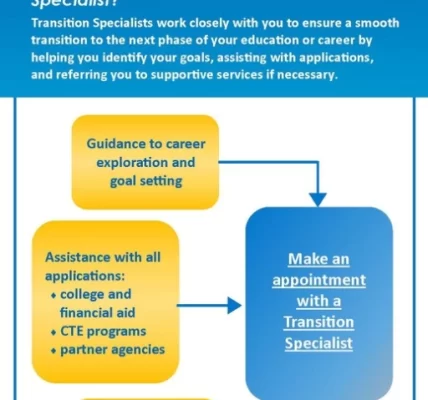The landscape of work is undergoing rapid transformation, driven by technological advancements, automation, and evolving global dynamics. In the face of these changes, individuals are navigating a shifting job market that places a premium on adaptability and diverse skill sets. “The Future of Work” explores the pivotal role of vocational skills in equipping individuals to thrive in this dynamic environment, fostering resilience, and ensuring sustainable career paths.
1. **Dynamic Skill Acquisition:**
Embrace the concept of lifelong learning and dynamic skill acquisition. Vocational skills training provides individuals with the agility to adapt to changing job requirements, fostering a mindset of continuous improvement and versatility.
2. **Technology Integration:**
Integrate technology-focused vocational skills into training programs. Proficiency in emerging technologies, such as artificial intelligence, data analytics, and digital literacy, empowers individuals to navigate the technology-driven landscape of the future workplace.
3. **Soft Skills Development:**
Recognize the importance of soft skills in conjunction with technical expertise. Effective communication, problem-solving, collaboration, and adaptability are essential skills that enhance professional success and resilience in the face of change.
4. **Entrepreneurial Mindset:**
Foster an entrepreneurial mindset through vocational training. Encouraging individuals to think creatively, take initiative, and embrace innovation prepares them to navigate entrepreneurial endeavors or contribute to innovation within existing organizations.
5. **Cross-disciplinary Training:**
Promote cross-disciplinary training that enables individuals to develop skills across multiple domains. This approach encourages a holistic understanding of industries, fostering versatility and adaptability in an ever-changing job market.
6. **Global Competency:**
Incorporate elements of global competency into vocational skills training. Exposure to diverse cultures, languages, and global business practices equips individuals with the ability to collaborate on a global scale, enhancing their marketability in an interconnected world.
7. **Reskilling and Upskilling Programs:**
Implement reskilling and upskilling programs that address the evolving demands of industries. These initiatives enable individuals to acquire new skills or enhance existing ones, ensuring they remain relevant and competitive in their respective fields.
8. **Inclusivity and Diversity Training:**
Prioritize inclusivity and diversity training within vocational education. Building awareness and competence in managing diverse teams fosters a workplace culture that values varied perspectives and experiences.
9. **Emotional Intelligence Training:**
Recognize the importance of emotional intelligence in the workplace. Vocational training programs should incorporate elements that enhance emotional intelligence, empowering individuals to navigate interpersonal dynamics and lead with empathy.
10. **Continuous Career Guidance:**
Provide ongoing career guidance to help individuals navigate the changing job landscape. Equipping them with insights into emerging industries, market trends, and potential career paths ensures informed decision-making and proactive career management.
Conclusion:
“The Future of Work” hinges on the adaptability and resilience of individuals in the face of evolving professional landscapes. Vocational skills play a central role in this paradigm, empowering individuals to not only meet the demands of current industries but also to anticipate and navigate the challenges of tomorrow. As we collectively navigate the future of work, the cultivation of vocational skills becomes a linchpin for personal and professional success in an ever-changing world.













